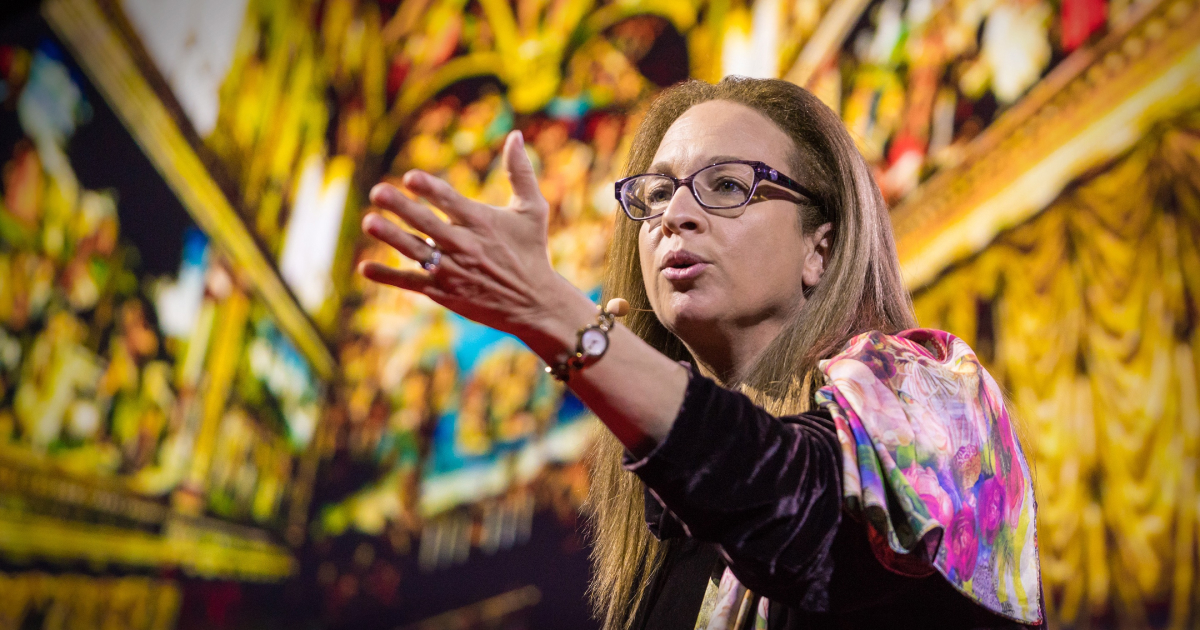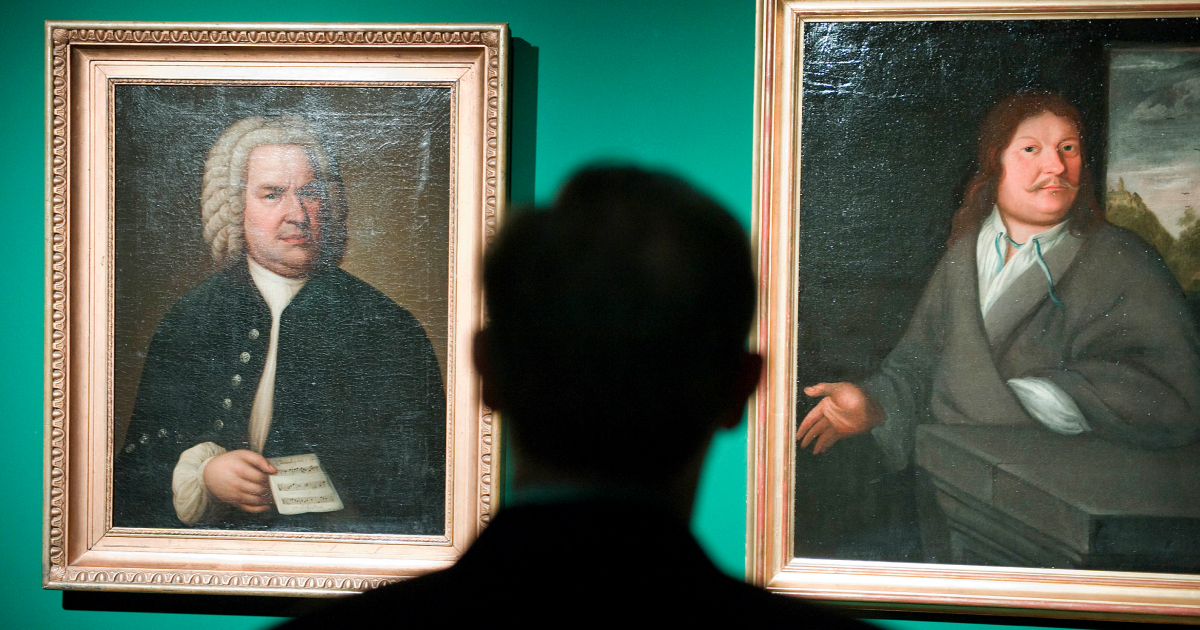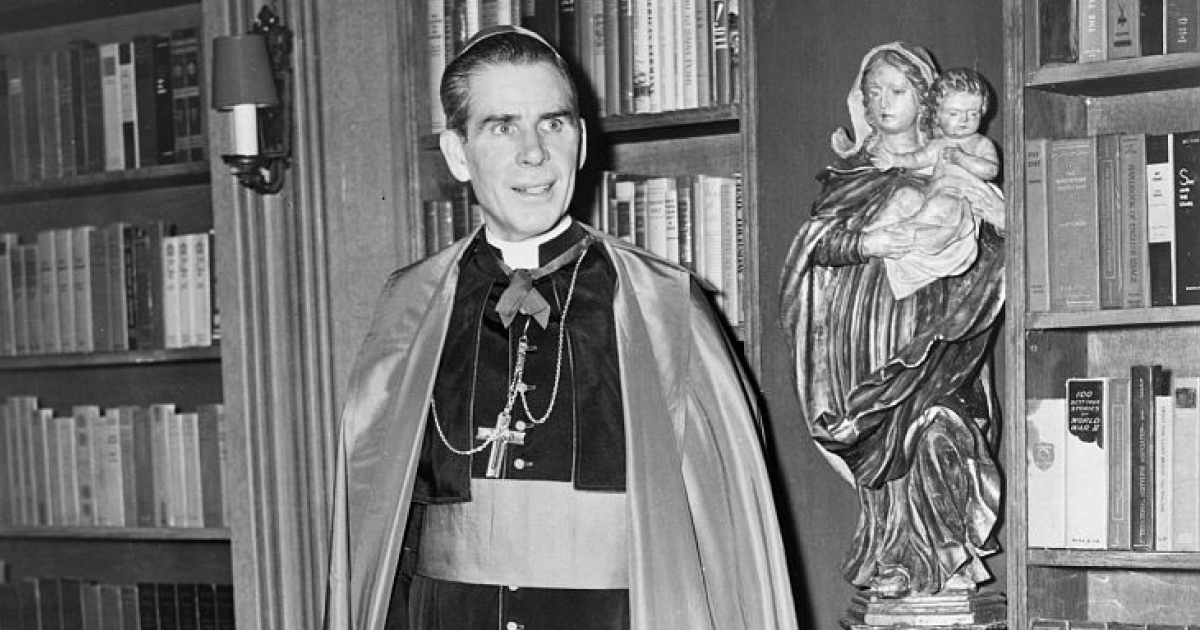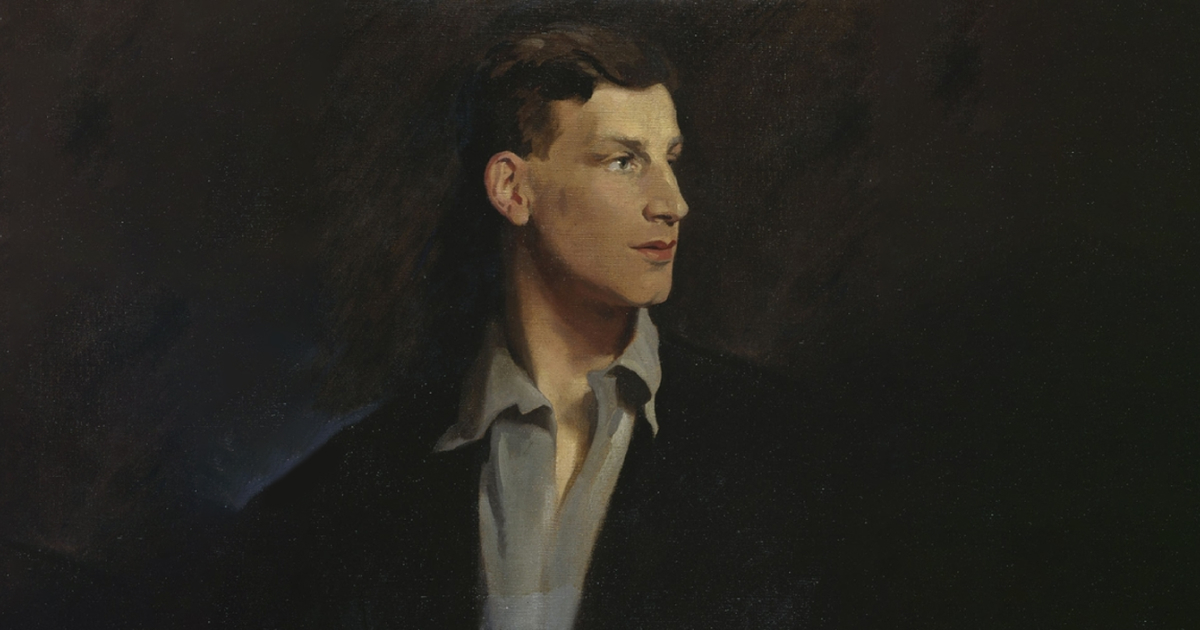There is a fatigue that runs through modern dating. I hear it in the way my friends recite the tales of their love lives — half sardonic, half resigned. The same story repeats: the flutters of the first date, the gradual indifference, then the quiet retreat back to the apps.
Dating apps were meant to make romance easier. And, in some ways, they do. The process of “searching for that special someone” is efficient, almost ritualised. Algorithms have taken what was once uncertain and tailored it to the umpteenth degree. And 21st-century society, dutifully as embracive as the Victorians to the Industrial Revolution or the necks of French revolutionaries to the blade of a guillotine, kneels before the altar of progress, unmindful of what it sacrifices upon it.
People now approach affection as if it were a puzzle to be solved, something that should work smoothly if all the pieces are right. When it doesn’t — when the checklist isn’t full after the first conversation — they assume it is the wrong match and start again.
Thus, dating has come to resemble shopping. There is a constant sense that a better option is still out there. The smallest “imperfection” feels like a warning, as though the Build-a-Boy (or girl) factory will churn out a product that fits our specifications if we just keep scrolling the catalogue.
The result is not freedom but restlessness. We seem to have developed a nervous inability to accept that true love doesn’t come pre-assembled on our doorstep.
Tinder, Bumble, OkCupid, Grindr, PlentyOfFish, Hinge, E-Harmony, Match.com: there is a site for every lovelorn single, no matter how niche your niche might be.
Looking for a chick to roost with? FarmersOnly might suit your agricultural interests. A budding influencer who can’t stomach those with a follower count below five figures? Submit an application for Raya. Silicon Valley even has Catholics covered — find your perfect godly partner on CatholicMatch today.
The apps have trained a generation to expect precision in a matter that once depended on effort. It would be easy to dismiss this as vanity, but it feels more like self-preservation. We have been programmed to believe that compatibility can be reduced to a set of likes and dislikes, and that the only way to attain social currency is to speak in a language of self-advertisement.
The fear of being overlooked is built into the system. Behind the insistence that romance is more convenient and accessible than ever lies a fear we dare not name: that no one can be loved as they are, only as they appear.
Each encounter feels temporary, as though we are waiting for the “red flag” to appear and the process abandoned because we have lost the ability to look past differences, expand our horizons or work through the tangly bits. What has been lost in all this is patience, and the Catholic in me is inclined to blame it on a deeper spiritual emptiness.
The old rituals of courtship — the awkward pauses, the slow discovery, the growing pains of new love — made affection possible because they allowed it to grow. Technology has turned time into a currency we do not want to spend: we have come to believe that the best things should take the least time to achieve because they were “made for us”. We are scrolling our way towards an attitude that prefers the illusion of algorithmic control to the risk of endurance and effort.
The idea that love should be effortless is the product of an age that cannot bear suffering. We have come to expect pleasure without sacrifice, connection without cost. The belief that love might involve labour feels outdated. Yet love that costs nothing rarely changes anyone.
The appetite for perfection makes agape — the selfless and unconditional love found in Christian marriage — impossible, because the very essence of this love depends on forgiving imperfection.
Christian marriage breeds agape because it understands love as an act of will that grows stronger through endurance. Today that language sounds strange, even oppressive. The modern mind prefers the fantasy of compatibility to the discipline of commitment. Yet the cost of that preference is loneliness.
You do not need to be religious to see the damage. Young people are exhausted by the search, though few will admit it. We want meaning but have been taught to look for it in the wrong places. What we find instead is a carousel of nearly identical encounters. Each new match begins with a performance and ends with retreat, and it is difficult to form loyalty when everything begins with the expectation that it will end.
There is no single cure for this, but the first step may be to stop treating love as a form of self-fulfilment. Real connection begins when we stop asking what another person gives us and start asking who they are, and how we might love them best, including what we find objectionable. Such a shift requires a kind of humility that technology cannot teach.
It requires faith in the idea that something good can grow in less than perfect circumstances. Romance is not dying because people have become selfish. It is dying because we have forgotten how to wait. The heart, like faith, matures through time. To truly love anyone is to accept imperfection.











.jpg)





